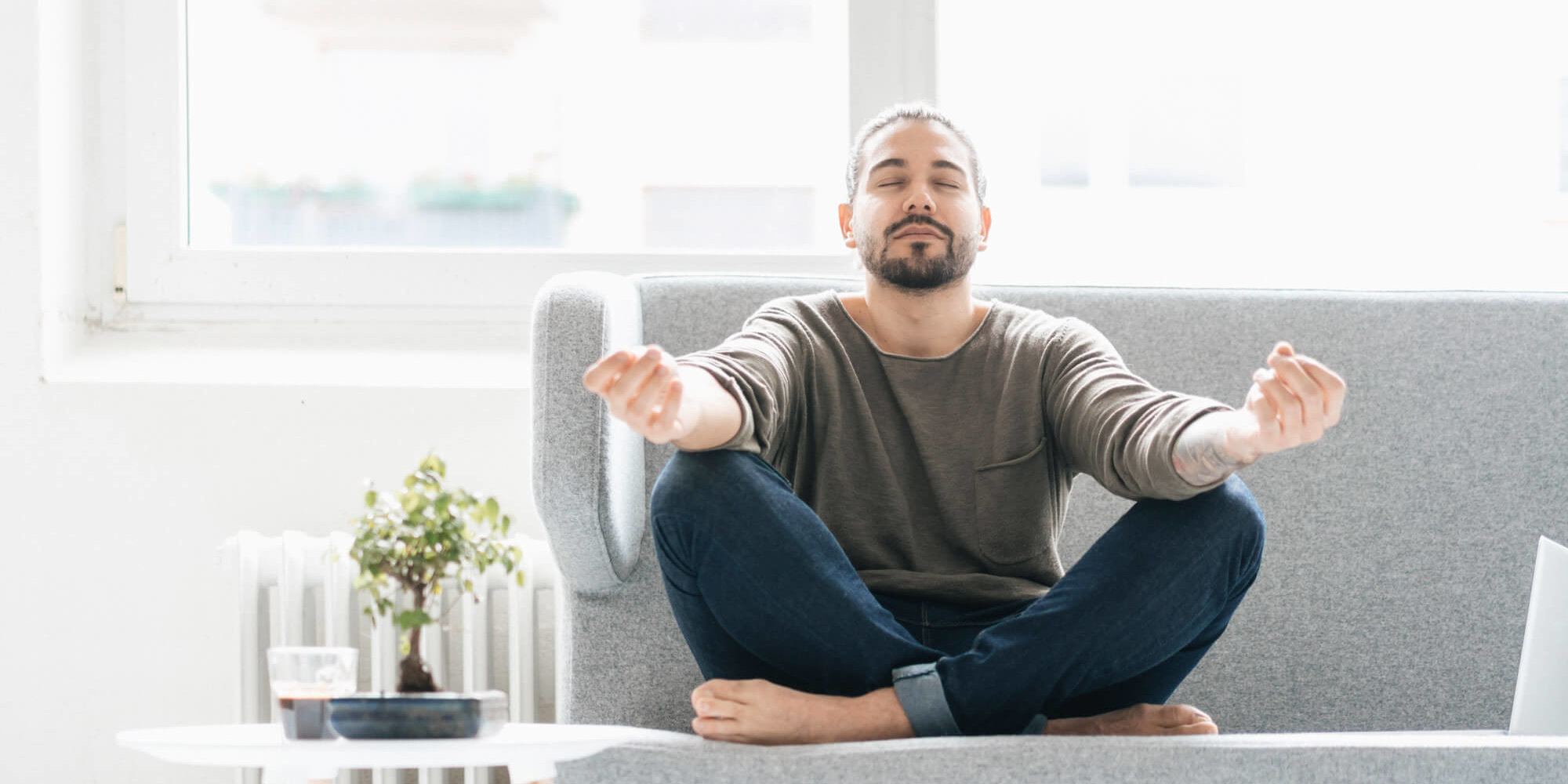The practice of meditation has been around for about 3,000 years. Through the years it has evolved and changed, and most first-timers without a doubt experience a little bit of hesitation. They probably find it a bit strange to sit in silence, as that’s the very thing the mind tries to resist. So, don’t be ashamed if meditation seems foreign to you and you’re a little hesitant to try it. These feelings are normal! All you have to do is start small and grow from there.
The Benefits of Meditation
Meditation is great for the body and the mind. It is proven to reduce the stress-inducing hormone cortisol. Steady breathing can lower your heart rate and blood pressure. Meditation can relax your muscles and boost your immune system, a by-product of reducing stress. It also increases positive emotions, increases your focus, and increases empathy and compassion. Over time it can also help you to be more self-aware and mindful in your everyday actions.
There are many different types of meditation, such as concentration meditation, which involves focusing on a single point, or thought and mindfulness meditation, which urges the practitioner to be aware of their current surroundings and stay present while using the breath to bring calmness within. There isn’t a single right way to meditate, but if you are a beginner, here is a great place to start:
Location: You can be outside or inside; just find a comfortable place to stand, sit, or lie. Take note of your posture, making sure you aren’t straining yourself. Make sure your neck is relaxed and your chin is tucked slightly in.
Duration: When you’re first starting out, do not stress about how long you can meditate. To start, aim for 5 or 10 minutes—however long you feel you can sit in silence and relax your mind. There are many apps to help guide you with meditation, like Headspace, Calm, or Simple Habit. Once you start to feel more comfortable with meditation, you can increase your duration if you want to.
What to do during your meditation: Before you start, set an intention. How do you want to feel after your session? Do you want to feel less stressed, happier, more grateful? Set your intention and then clear your mind and focus on that. Start breathing without trying to control it; just try to focus on the inhales and the exhales and the rise and fall of your chest. If your mind starts to wander back to your massive to-do list, or the worries in your mind, just come back to your breath and your intention.
After meditating: Congratulate yourself for doing something good for your mind and body. Take the feeling you have in that moment and carry it with you through the rest of your day. If you experience any stresses throughout the day, come back to your breath.
The more you practice meditation, the better you will feel. The better you feel, the more you will understand how your mind thinks and feels—and the more you can take steps toward a healthier and happier life with increased clarity, calm, and compassion.
Good luck and happy meditating!






